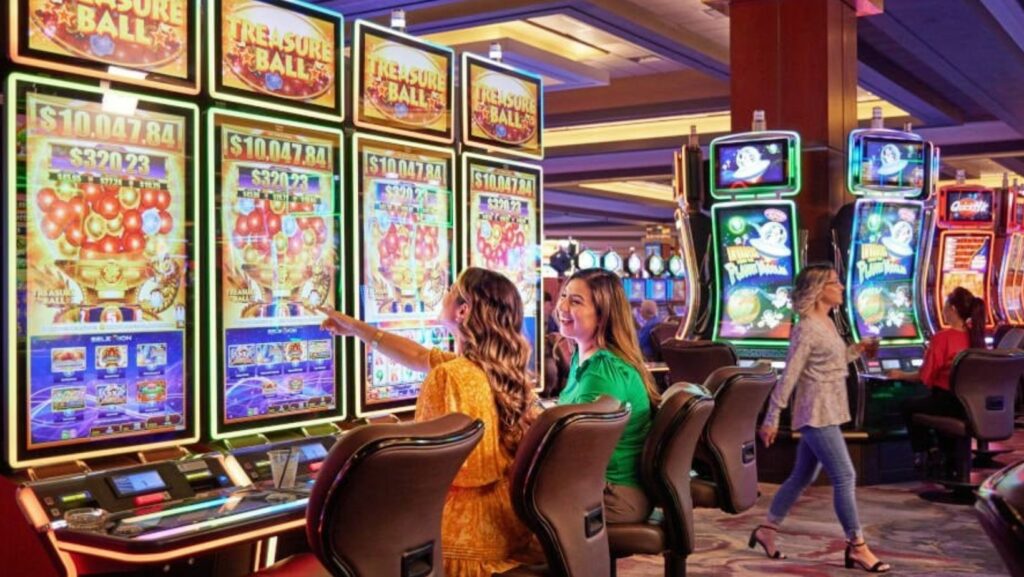Gambling has long been a compelling narrative device in fiction, symbolizing chance, fate, and the human penchant for risk. In role-playing games (RPGs) and story-driven games, casinos and gambling mechanics are more than just gameplay elements—they are woven into the fabric of storytelling, character development, and world-building. These games often use gambling to explore themes of luck, consequence, and the allure of fortune, offering players immersive experiences that reflect the complexities of risk and reward.
The Role of Gambling in RPGs and Story Games
In many RPGs and story games, casinos serve as vibrant hubs within the game world, offering players opportunities to engage in games of chance that can lead to significant rewards or dire consequences. These settings are not merely for entertainment; they are integral to the narrative, providing characters with avenues for personal growth, moral dilemmas, and plot progression.
For instance, in futuristic or dystopian RPGs, casinos like the Midas Luck Casino can be central to the game’s economy and social structure. These establishments often feature a wide array of games, from traditional slots and table games to more innovative offerings like Bonus Buy slots and Megaways games. Players might find themselves navigating the underworld of these casinos, making choices that impact their standing in society and the unfolding of the game’s story.
The allure of high-stakes gambling in such settings often mirrors the characters’ internal struggles and desires, making each bet a reflection of their personal journey and the broader themes of the narrative.
Gambling Mechanics in Story Games
Story-driven games often incorporate gambling mechanics to deepen player engagement and enhance storytelling. These mechanics can range from simple mini-games to complex systems that influence the game’s economy and character development.
In some games, players can participate in casino-style games that offer rewards influencing the main storyline. For example, winning a high-stakes poker game might grant a character a crucial item or information that propels the narrative forward. Alternatively, losses can lead to setbacks, forcing characters to confront the consequences of their actions and decisions.
These gambling elements are carefully designed to integrate seamlessly into the game’s world, ensuring that they enhance rather than detract from the overall experience. By aligning the mechanics with the game’s themes and narrative arcs, developers can create a cohesive and immersive environment where every gamble feels meaningful.

The Symbolism of Casinos and Risk
Casinos in RPGs and story games often serve as more than just venues for games of chance—they are symbolic representations of broader themes such as fate, temptation, and the human condition. The act of gambling within these settings is frequently portrayed as a metaphor for life’s uncertainties and the choices individuals face.
For instance, a character’s decision to enter a casino and place a risky bet can symbolize their willingness to embrace uncertainty and challenge their fate. Conversely, avoiding such temptations may reflect a character’s desire for control and stability. These choices often have far-reaching implications, affecting not only the character’s personal journey but also the game’s world and narrative trajectory.
Moreover, casinos often embody the duality of fortune—the potential for immense wealth and success juxtaposed with the risk of loss and despair. This dichotomy mirrors the unpredictable nature of life itself, where every decision carries inherent risks and rewards. By engaging with these settings, players are invited to explore and reflect on their own perceptions of risk, reward, and destiny.
In summary, casinos in RPGs and story games are not merely gameplay features; they are rich, symbolic environments that enhance storytelling and deepen player engagement. Through their portrayal of gambling, these games offer players a lens through which to examine themes of chance, choice, and consequence, making each encounter with a casino a meaningful part of the overall narrative experience.

